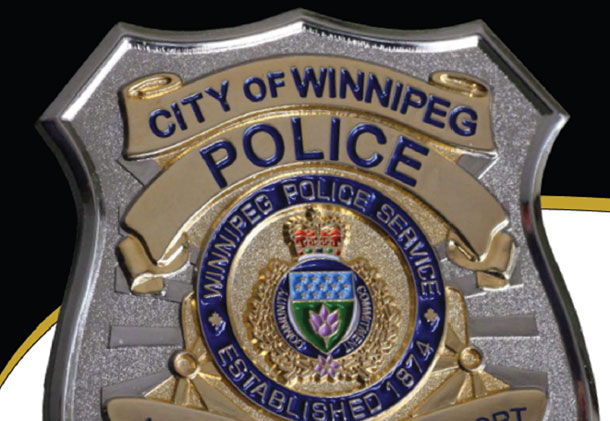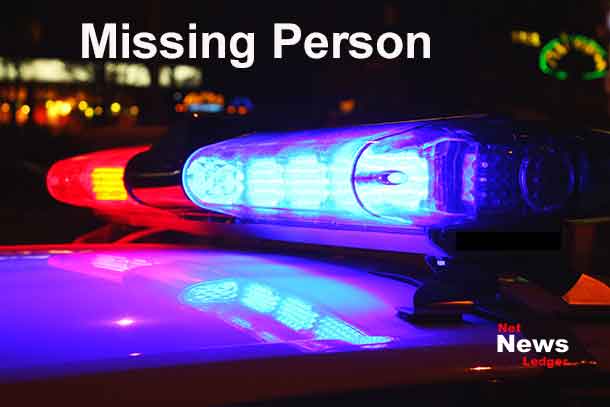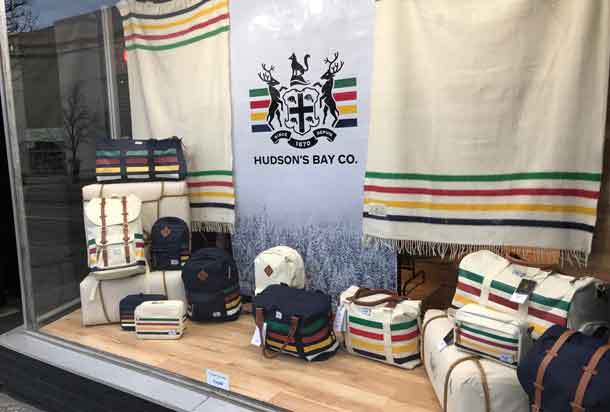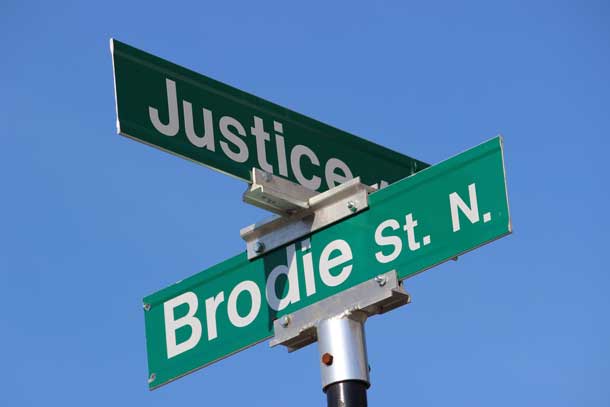WINNIPEG – The Chief of Police for the City of Winnipeg appeared before the National Inquiry for Murdered and Missing Women and Girls this week. Chief Danny Smyth has been a member of the Winnipeg Police Service for 30 years. He was formally appointed Chief of Police on November 4th, 2016.
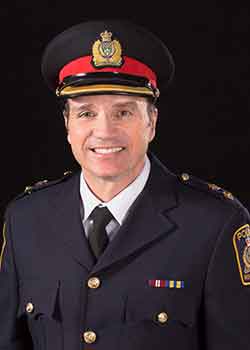
Chief Smyth apologized to the commission for how the Winnipeg Police Service has acted toward Indigenous women and girls.
Here is the text of Chief Danny Smyth’s Testimony:
I would like to thank the Commission for the opportunity to testify. I am here today to support a friend and a partner. Diane Redsky is a strong advocate for women and families particularly survivors of exploitation and human trafficking. She is also helping to change the system to better meet the needs of those who have been exploited especially, Indigenous women and girls. Ma Mawi is one of a handful of Indigenous service providers based in Winnipeg. It provides services for Indigenous women delivered primarily by Indigenous women. The Winnipeg Police is a partner with Ma Mawi serving in a supporting role that focuses on the targeted enforcement of those trafficking and exploiting women or assisting outreach workers to transport exploited women and girls to safe housing and programming provided by Ma Mawi.
Diane asked that I come before you today. It is my hope that together we can illustrate a model that emphasizes Indigenous-led community services that are supported by the police in a collaborative way.
Before I talk about the partnership that we have established, I also want to acknowledge that the police in Winnipeg have not always been on the right path. That our past actions and procedures contributed to harming Indigenous people in our community. That Indigenous women were not treated with the respect and dignity that they deserve. As the Chief of the Winnipeg Police Service, I offer my apologies for past conduct and policies that contributed to harming Indigenous women and girls.
I have been the Chief of Police in Winnipeg for nearly two years. When I was appointed, I gave a speech that honoured many of the strong women who work tirelessly in our community. I quoted a passage from an essay. It went like this: “I’m interested in exploring the ways in which women share knowledge to support their families and communities, and in examining the types of power—although often unrecognized in the public sphere—women hold in society.”
These words were written by Dr. Melanie Janzen; she is an assistant professor in the Faculty of Education at the University of Manitoba, and a Research Affiliate with the Centre for Human Rights Research. She is also my friend and has helped shape many of my views regarding women and diversity both locally and in a more global context. In her essay, she went on to say: “I understand that these women’s and children’s lives are not perfect. They are faced with issues that are not prevalent in my world…But what impresses me the most is not just the way in which the group cares for their children, but also the strong commitment to collaboration that these women have established in so many aspects of their lives…These women have found a way to share the load, to prosper not just individually, but also in ways that benefit their greater community. Undoubtedly, they could not achieve alone what they are able to do as a group.”
Melanie was speaking about a group of women she came to know in Uganda while researching her thesis. But she could just as easily have been describing the women that comprise many of the grassroots organizations in our own community. I speak often of community engagement and our partnerships with groups like the Winnipeg Outreach Network and the Sexually Exploited Youth Coalition. These groups are led by strong women in the community whom I have come to admire very much for their community commitment. Leaders like Leslie Spillet, Diane Redsky, and elected officials like MLA Nahanni Fontaine and MLA Bernadette Smith… and there are so many more women who work tirelessly in our community.
This is the kind of community engagement I see as important. Partnering with groups like this is the true essence of crime prevention through social development. These Indigenous-led efforts will help break through the social barriers that left unaddressed can often lead to harm.
I am committed to partnering with Indigenous-led Service providers like Ma Mawi, Ndinawe, and Kanikanichihk; and when possible use my voice to validate their efforts and lend additional credibility to support their programs. I will ensure that the police service reflects the needs and expectations of the community:
- This will be done through continued recruitment to ensure the Winnipeg Police is represented by Indigenous officers and employees.
- This will be done by continued partnership with Indigenous service providers.
- This will be done through continued training and education so that our members understand the generational trauma inflicted upon Indigenous people through colonization, the residential school system, and government-imposed child and family services.
- It will also mean honouring and promoting Indigenous women and men within the Police Service as leaders and role models for our youth.
We are on the right path. This is the direction I want to go, and I think the women in our community will play a huge role in helping us to get there.


